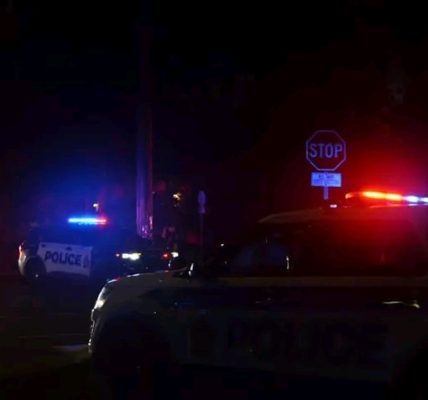DOUGLASVILLE, Ga. — Investigators recently linked Bobby Lee Hart Jr. to a series of sexual assaults spanning nearly two
DOUGLASVILLE, Ga. — Investigators recently linked Bobby Lee Hart Jr. to a series of sexual assaults spanning nearly two decades in west Georgia, after DNA collected from a 2024 assault matched genetic material from a 2006 rape scene. What began as an isolated investigation has now revealed a decades-long pattern of alleged sexual violence across multiple counties.
Authorities reported that the initial arrest in Douglasville took place in early August, covering three separate incidents that occurred between 2012 and 2024. However, as forensic testing continued, investigators discovered DNA matches to cases dating back to the early 2000s.
The breakthrough came from retesting evidence that had been stored for years, some of it collected before modern DNA databases and testing procedures were available. These matches quickly expanded the scope of the investigation to include multiple jurisdictions in west Georgia, including Cobb County.
By mid-October, a Cobb County grand jury had handed down an indictment, formally charging Hart in connection with eight rapes. Prosecutors noted during public statements that additional charges were expected as labs continued testing older evidence and submitting results to CODIS, the national DNA database.
Law enforcement and prosecutors have described Hart in official statements as the “West Georgia Monster,” a term reflecting both the geographic range of the alleged crimes and the predatory nature of the attacks, as documented in police reports and survivor statements.
The case has drawn attention not only for its scale but also for the time lag between when assaults were originally reported and when connections were finally made. Survivors who came forward in the 1990s and early 2000s are now learning that their cases are being actively prosecuted and that evidence they provided years ago is finally playing a role in court proceedings.
Investigators emphasized that the breakthrough was the result of combining modern DNA technology with a deliberate effort to revisit unsolved sexual assault cases. By retesting old kits, cold cases were reopened, giving survivors renewed hope for justice and accountability.
Prosecutors have encouraged anyone who believes they may have been assaulted in west Georgia to come forward, noting that the investigation is ongoing. They stressed that some earlier reports may have used different names or details, and law enforcement is seeking to fully understand the scope of the alleged crimes.
The human impact of the case is profound. Survivors and their families are learning, sometimes for the first time, that the alleged perpetrator is behind bars. Communities across west Georgia are grappling with the realization that a suspected serial offender operated undetected for years, affecting multiple counties and countless lives.
Court proceedings will now test each piece of evidence and weigh the allegations, but the filing of charges on behalf of eight survivors represents a significant step forward. For those whose lives were affected, the legal system is beginning to address long-standing trauma, providing an opportunity for accountability that many had feared would never come.





